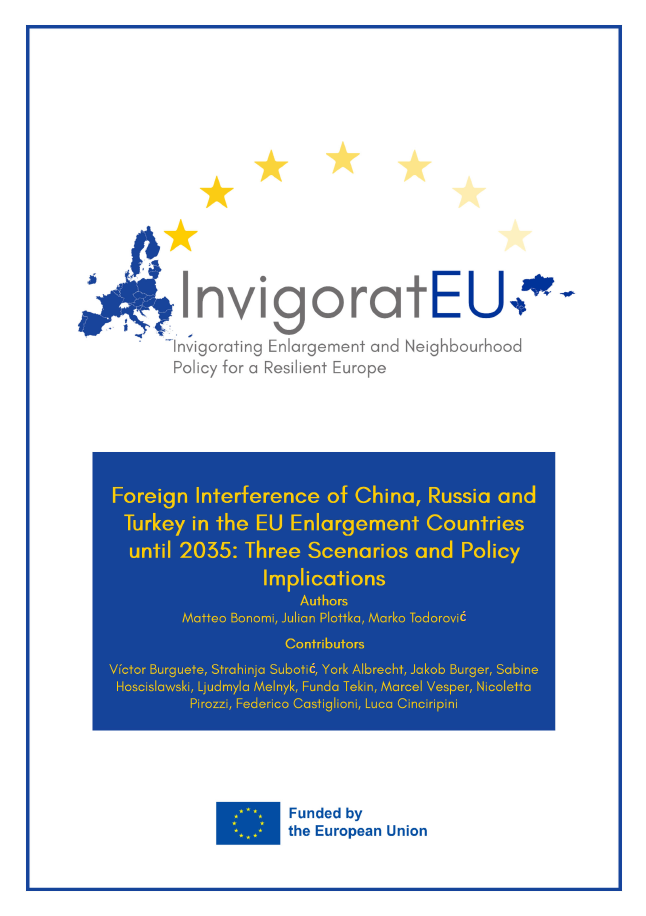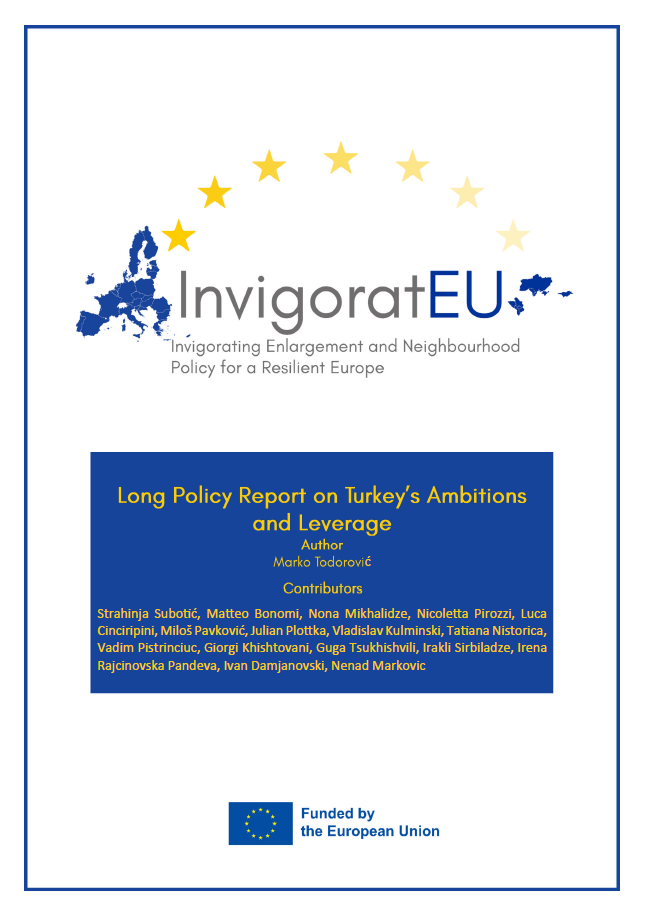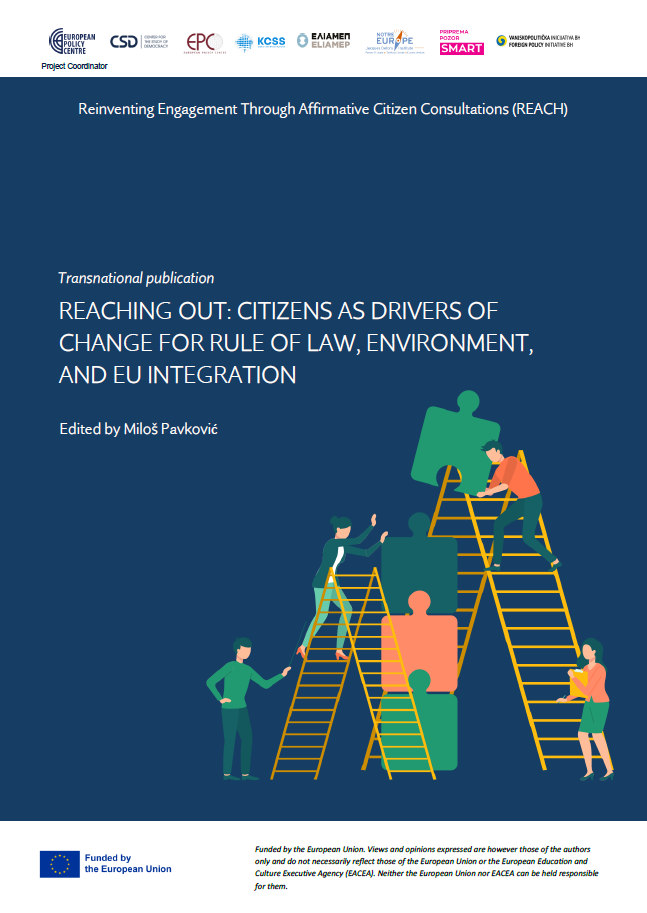Headquarters: Svetog Nauma 7, 11000
Office address: Đorđa Vajferta 13, 11000
Phone:: +381 11 4529 323
The student-led protests in Serbia, sparked by the tragic collapse of the Novi Sad railway station canopy on November 1, 2024, have evolved into a nationwide movement against government malpractice, systemic corruption, and weak institutional oversight. Initially focused on demanding accountability for the disaster, the protests quickly expanded to encompass broader societal frustrations, drawing in farmers, labour unions, and civil society organisations. Universities and schools also joined, partially or fully suspending classes in defiance of government orders. In such a context, the paper analyses the key characteristics of the protests, while investigating the data on the public opinion on the protests. The idea is to grasp how the protests managed to maintain momentum despite the government’s attempt to subdue and delegitimise them. Although the Prime Minister resigned on January 28, 2025, the political crisis remains unresolved, and protests continue, representing the biggest challenge to the ruling regime since 2012.
The paper also tracks the EU’s response to these developments. In particular, it relies on the content and discourse analysis of the speeches on the political crisis of the officials from the European Commission and the European Parliament. Going forward, the paper argues that a key opportunity for the EU lies in leveraging financial assistance through the Reform and Growth Facility, conditioning further access to funds on governance reforms and adherence to rule-of-law principles. Meanwhile, the EU Council decisions on Serbia’s accession process, particularly regarding Cluster 3, could serve as additional leverage. Finally, the European Parliament is expected to remain the most vocal critic, particularly as it will adopt a Report on Serbia in May 2025. As protests persist, the paper concludes that the EU’s handling of this crisis, in line with its competencies and diplomatic limitations, will serve as a crucial test of its commitment to democratic values and enlargement policy integrity.
This brief was originally produced for CeSPI ETS (Center for International Policy Studies) from Italy. The original brief in English can be found at this link.


